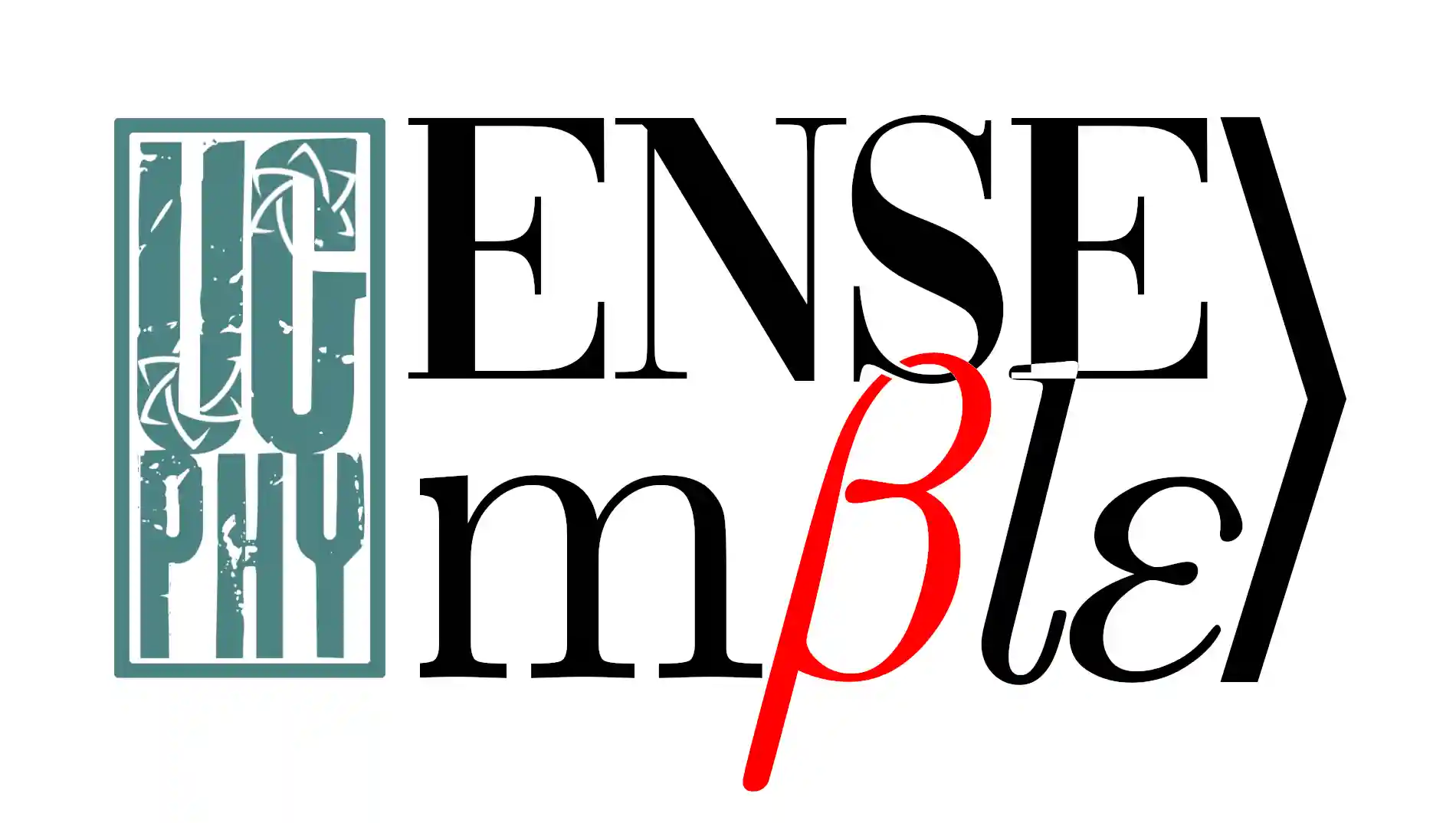Introduction to Dark Matter Physics
After the Interstellar screening (that hopefully arouses your curiosity about “what’s out there”), we’ll follow up, on the following day, with an introduction to one of the most exciting mysteries out there: dark matter.
We’ll have 3 short lectures delivered by 5th year UGs, followed by a Q/A discussion session. Details follow.
Talk #1: Introduction to Dark Matter - Anubhav
Everything you see, love, and are made of comprises only 15% of the total matter content of the universe. The remaining 85% is something we know very little about. We’ve never directly observed it, yet we have an overwhelming amount of evidence for its existence. Physicists have aptly named this elusive substance “Dark Matter.” In this talk, we will journey through the first evidence of dark matter, its effects on our universe, the challenges of detecting it, and conclude with the current status of the hunt for dark matter. There will be no math in this talk, making it accessible to everyone. The study of dark matter is a fertile field of research, bringing together astrophysicists, lattice QCD experts, theoretical high-energy physicists, experimentalists, and even condensed matter researchers.
Talk #2: Dark Matter and Cosmology - Souradeep
In this talk, I will be speaking about the field that lies on the intersection of two broad topics in modern day physics - astro-particle physics and cosmology. Cosmology deals with the formation of the Universe, its history, present, and future. We will see how dark matter is extremely necessary in order to explain our existence. On the same line, I will revisit how simple arguments from astronomical observations can give us a lot of hints about the properties of mysterious but essential components of the Universe such as dark energy, dark matter and neutrinos. Our discussion will also delve into some of the most pressing questions in astronomy and how dark matter models attempt to solve them.
Talk #3: Dark Matter Models and Pulsar Timing Arrays - Aryaman
This part of the talk series will be focussed on two main themes. Dark Matter Candidates and Pulsar Timing Arrays. Both the topics are quite different although I’ll show an interesting connection between the two that was a part of my thesis. The talk will be geared at a public level, meaning that if you’ve attended the introduction talk you should be able to understand it without needing a very thorough understanding of Physics. We will discuss the major candidates for Dark Matter: Weakly Interacting Massive Particles, Axions, Ultralight Bosons, and Primordial Black Holes. Following that, we will discuss Pulsar Timing Arrays that allows us to probe the Background of Gravitational Waves in the Universe: a TV-Static-like signal of Gravitation Waves. The main aim is to introduce the audience to current research and experiments in High Energy Astrophysics.
